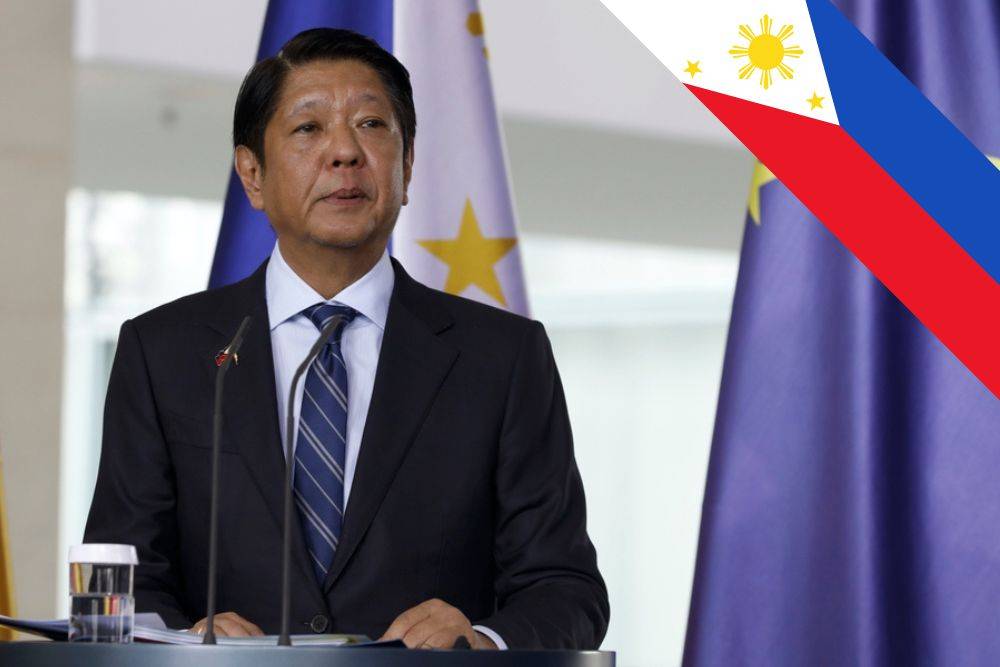President Ferdinand Marcos Jr. signed two executive orders (EOs) on Tuesday, August 6. These orders led to the creation of the Presidential Office for Child Protection (POCP) and the reorganisation of the government’s Task Force on Zero Hunger.
The newly established POCP oversees and aligns government initiatives to safeguard children’s hunger and promote their well-being. This office will play a crucial role in monitoring, harmonising, and recommending policies related to child protection. With a particular focus on combating online sexual abuse and exploitation of children (OSAEC), child sexual abuse and exploitation material (CSAEM), and child trafficking.
Presidential Office for Child Protection: A New Guardian of Children’s Rights
The POCP is mandated to formulate and submit policy recommendations directly to the President. Led by a Presidential Adviser for Child Protection, one of its key responsibilities is to develop a National Plan of Action for Children. Subsequently, this plan will be created in collaboration with the Council for the Welfare of Children (CWC), relevant government agencies, and civil society organisations, ensuring a comprehensive and unified approach to child protection nationwide.
Fighting Online Child Exploitation and Trafficking
The POCP’s focus on online sexual abuse and exploitation is particularly significant in light of the growing threat posed by digital platforms. The Philippines has been a focal point in the fight against OSAEC. Cases rose during the COVID-19 pandemic due to increased internet usage.
The POCP will work closely with the Inter-Agency Council Against Trafficking (IACAT) to design and implement programs aimed at curbing OSAEC, CSAEM, and child trafficking. The office will also identify urgent government interventions needed to protect children. This will ensure that the nation meets its international commitments.
Coordinated Efforts for Maximum Impact
The POCP will serve as a central coordinating body, bringing together various entities involved in child protection. These include the National Coordination Center, IACAT, CWC, the National Council Against Child Labor, and the Committee for the Special Protection of Children. By fostering collaboration among these groups, the POCP aims to create a more cohesive and effective child protection framework.
The Philippines has been recognised as meeting the minimum standards to combat human trafficking. The country had been consistently holding a Tier 1 status in the United States’ Trafficking in Persons report since 2016. Despite this, the country continues to grapple with significant challenges in child protection, particularly in the digital realm. The creation of the POCP is a proactive step towards addressing these ongoing issues.
Reorganising the Task Force on Zero Hunger
In addition to establishing the POCP, President Marcos also signed EO No. 66. It is a bill to reorganise the Task Force on Zero Hunger. This task force is also instrumental in implementing the Enhanced Partnership Against Hunger and Poverty Program, a government initiative to reduce hunger and ensure food and nutrition security across the Philippines.
The restructured task force now includes multiple government organisations. They include the Department of Health (DOH), the Department of the Interior and Local Government (DILG), the Presidential Communications Office (PCO), and the Technical Education and Skills Development Authority (TESDA). This expanded membership is intended to enhance the task force’s capacity to address the country’s complex issue of hunger.
Addressing Involuntary Hunger in the Philippines
The reorganisation of the Task Force on Zero Hunger comes at a critical time. A recent Social Weather Stations survey conducted in June 2024 showed that 17.6% of Filipino families experienced involuntary hunger. Involuntary hunger occurs when someone is hungry but unable to eat at least once in the previous three months. This figure also represents an increase from 14.2% in March, with the highest rates of hunger reported in Metro Manila.
The government’s efforts to mitigate hunger and promote food security are vital to addressing these rising numbers. Through the Enhanced Partnership Against Hunger and Poverty Program, the task force aims to implement sustainable solutions to alleviate hunger and improve overall health.
Conclusion
Therefore, as these new structures begin their work, the nation will watch closely to see how they translate policy into action, ensuring that society’s most vulnerable members—children and the impoverished—are protected and supported.
Have a pressing question for a doctor? Medical Channel Asia has launched a community forum page where you can get questions answered by a medical specialist. Visit the community forum here.

